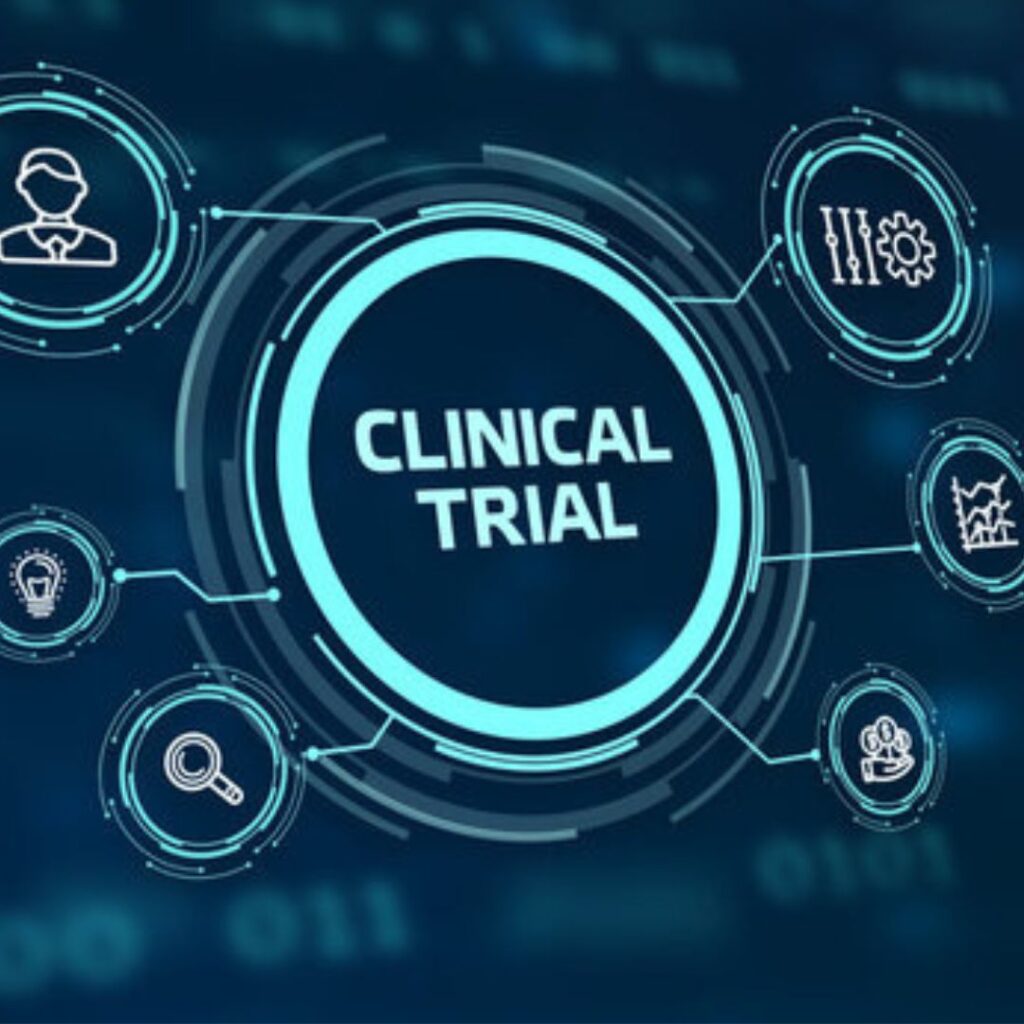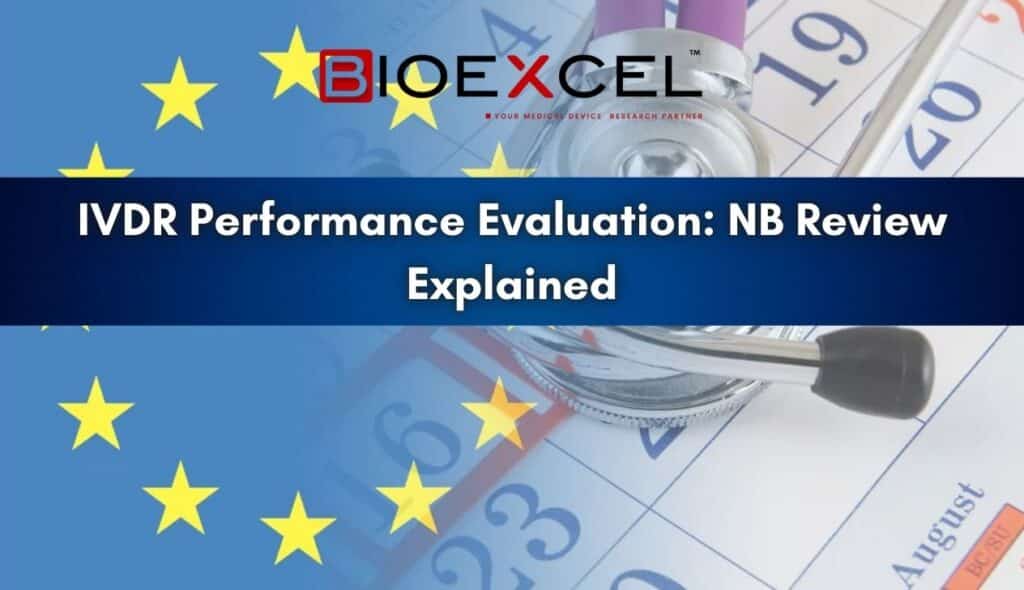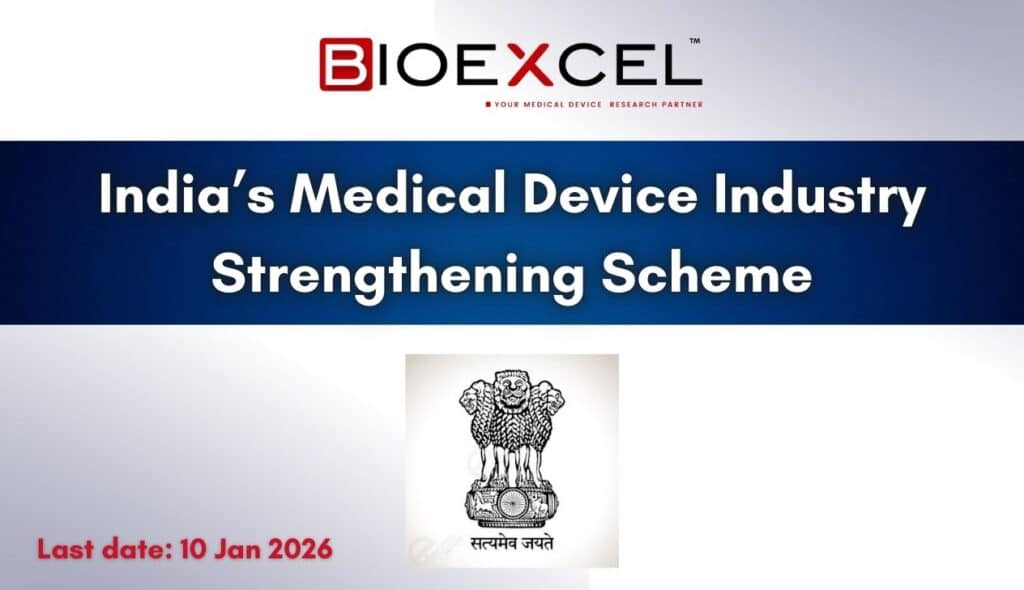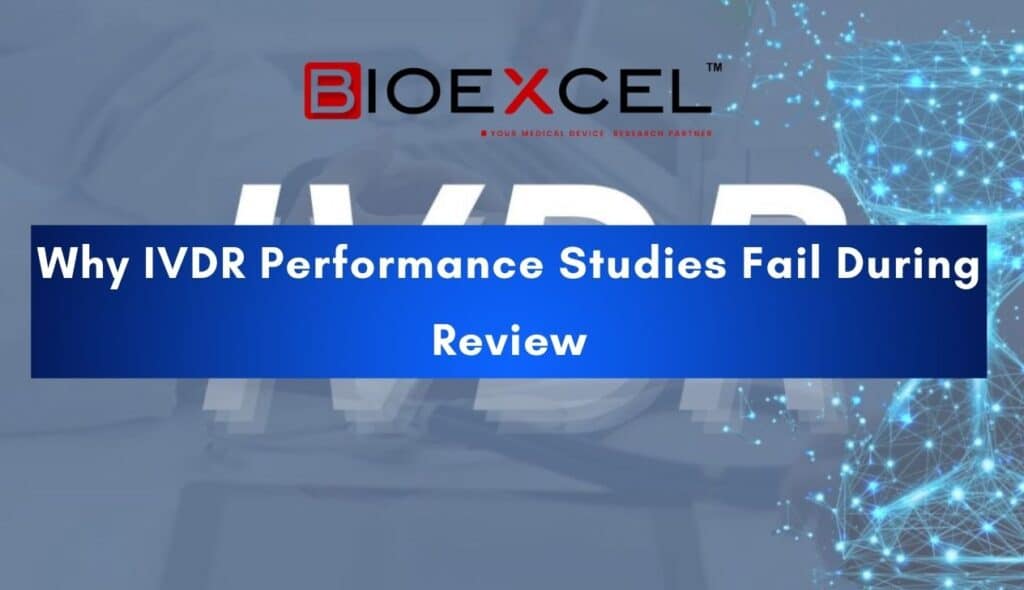As someone leading clinical operations and regulatory strategy, I’m always hunting for ways to run faster, smarter trials—without risking compliance or data integrity. That’s why decentralised clinical trials (DCTs) have captured my attention. And frankly, they should be on every medtech leader’s radar.
Decentralised trials aren’t just a COVID-era buzzword anymore. They are a strategic advantage for device companies looking to accelerate development, cut operational inefficiencies, and future-proof their compliance.
What Are Decentralized Clinical Trials (DCTs)?

Decentralized trials use digital tools and remote processes to reduce or eliminate the need for physical site visits. They bring the trial to the patient, rather than forcing the patient to the site.
This includes:
- Telemedicine and remote consultations
- Electronic informed consent (eConsent)
- Remote data capture using wearables or mobile apps
- Home healthcare services for device training or sample collection
Why Decentralized Trials Are a Game-Changer for Medical Devices
1. Faster Patient Recruitment and Enrollment
When trials are site-based, recruitment is limited to the geographic area around that site. DCTs break that barrier, enabling broader, faster enrollment across regions.
Fix It With DCTs:
Bioexcel’s hybrid trial model allows real-time recruitment through digital platforms, cutting enrollment time by up to 30%.
2. Lower Operational Burden on Clinical Sites
Device trials often require training, device checks, and follow-ups—all of which strain site resources. DCTs shift certain responsibilities to remote platforms, lightening the load on investigators.
Fix It With DCTs:
Our remote monitoring and ePRO (electronic patient-reported outcome) tools allow device usage data to flow directly from patient to sponsor—with minimal site intervention.
3. Improved Patient Retention and Engagement
When patients can participate from home, they’re more likely to stay in the trial. Fewer travel requirements = fewer dropouts and protocol deviations.
Fix It With DCTs:
Bioexcel integrates mobile-based reminders, chat support, and training modules, improving retention by over 40% in recent trials.
4. Real-Time, High-Quality Data Collection
With wearable sensors and mobile apps, you collect continuous, real-world data that’s often more accurate than periodic site visits.
Fix It With DCTs:
We enable real-time data feeds for device performance, adverse events, and patient feedback—boosting both trial efficiency and regulatory confidence.
5. Future-Proof Compliance and Audit Readiness
With DCT platforms, every patient interaction, consent form, and device reading is digitally logged, timestamped, and traceable—meeting FDA, CE, and CDSCO expectations for auditability.
Fix It With DCTs:
Bioexcel’s trials are built with compliance-first architecture, ensuring data traceability, eConsent validation, and GCP alignment from day one.
The Hybrid Model: Best of Both Worlds
Not every device trial can go fully remote. But a hybrid approach—combining traditional site visits with digital enhancements—can deliver the best of both models.
- Physical sites for device setup or invasive procedures
- Digital tools for monitoring, surveys, and follow-ups
- Telehealth visits for routine check-ins
Why Bioexcel Is Leading the Shift
Bioexcel has helped numerous device firms implement customised decentralised or hybrid trials, with benefits including:
- 30% faster enrollment
- 40% better patient retention
- 25–35% operational cost savings
- Zero audit findings related to data traceability
We build decentralised trials around compliance—not in spite of it.
Decentralization Isn’t a Trend. It’s a Competitive Advantage.
If you’re still running your trials like it’s 2015, you’re handing your competitors a lead. Decentralized trials are more than innovative—they’re strategic.
Let’s Build Your First (or Better) Decentralized Trial
If you want to explore a compliant, efficient, patient-friendly trial model, Bioexcel can help design a strategy tailored to your device and regulatory needs.
👉 Book a free consultation and let’s explore how decentralized trials can shorten your timelines and secure your success












